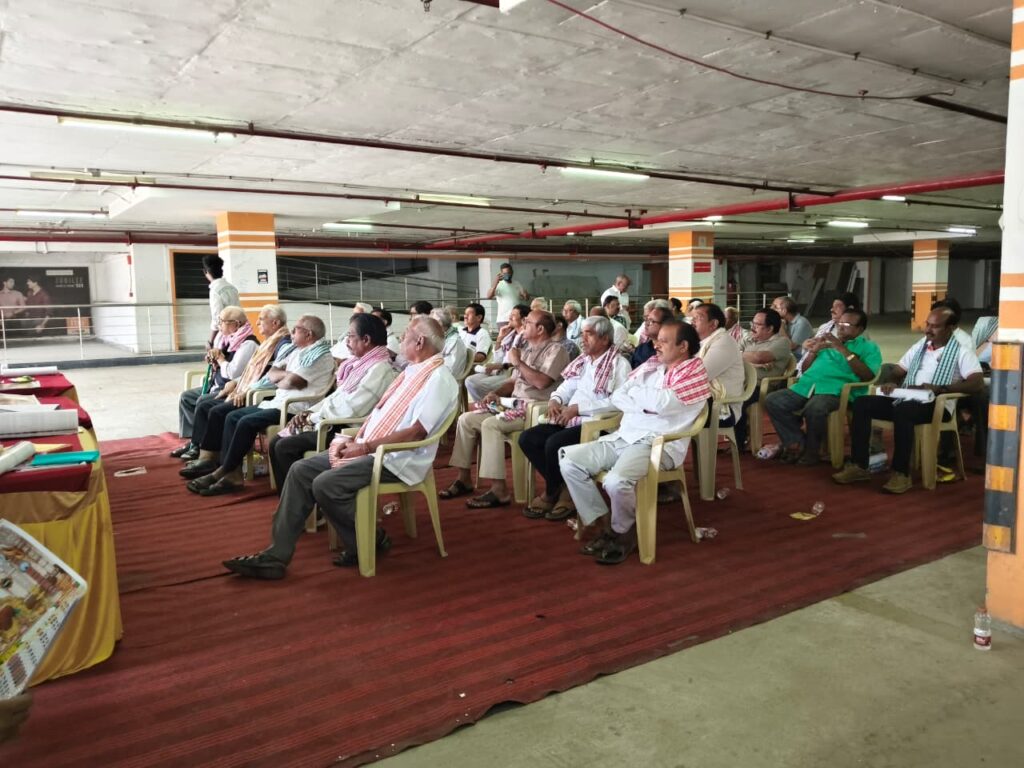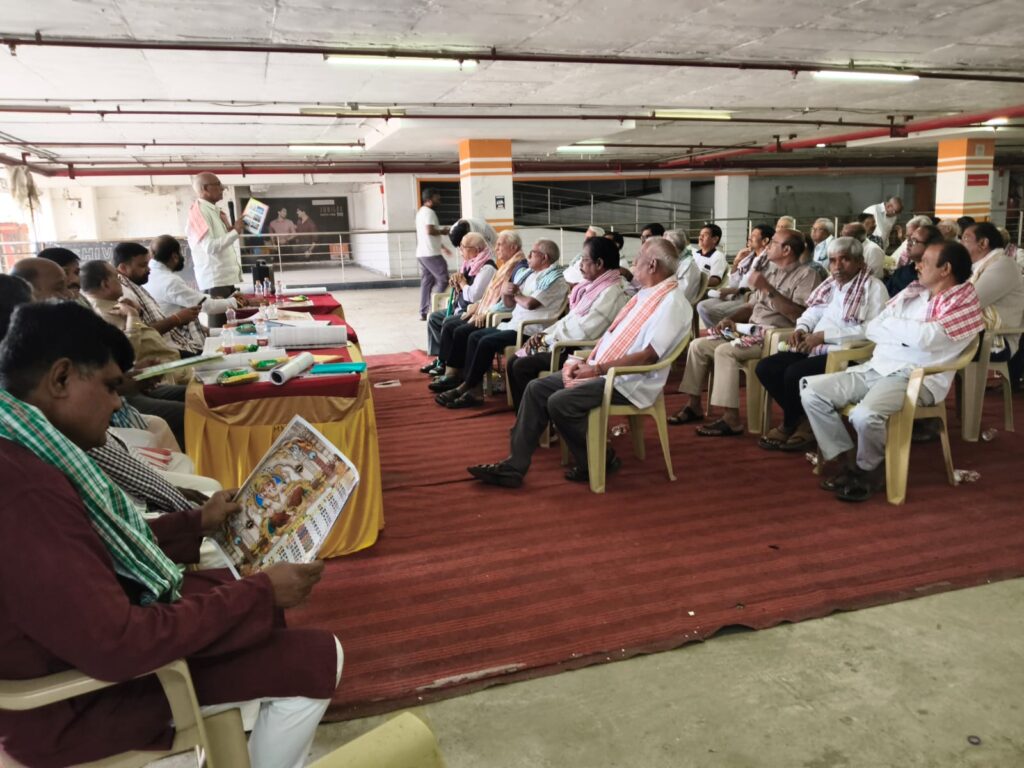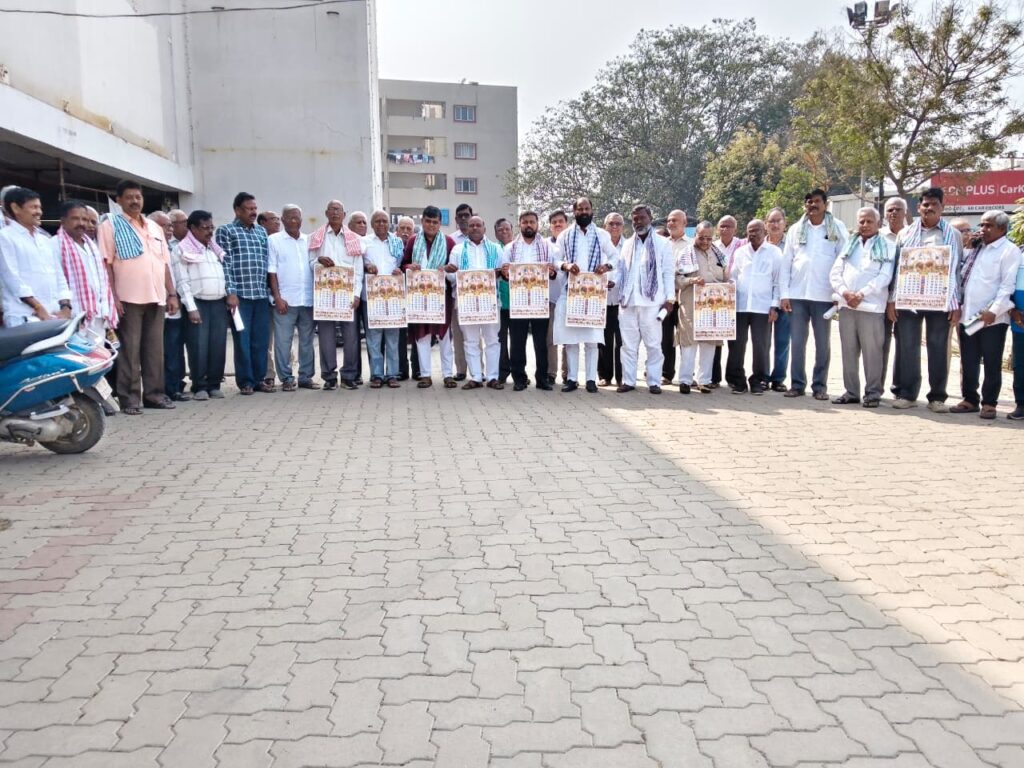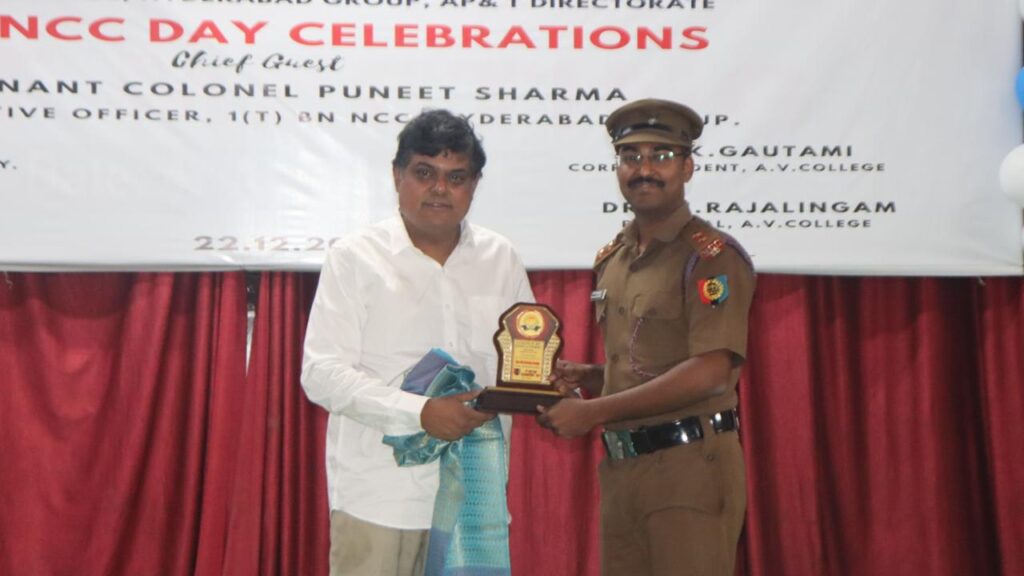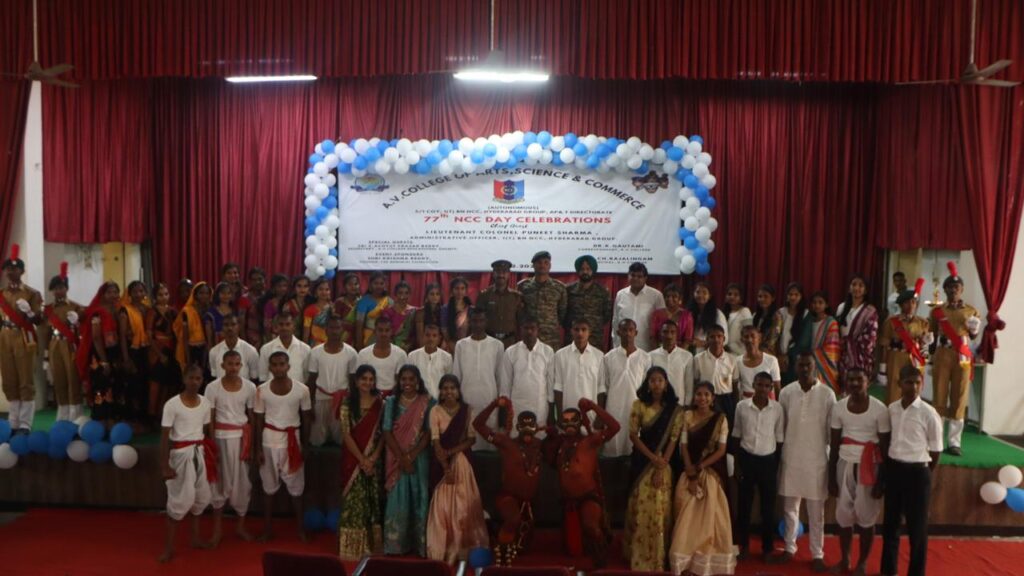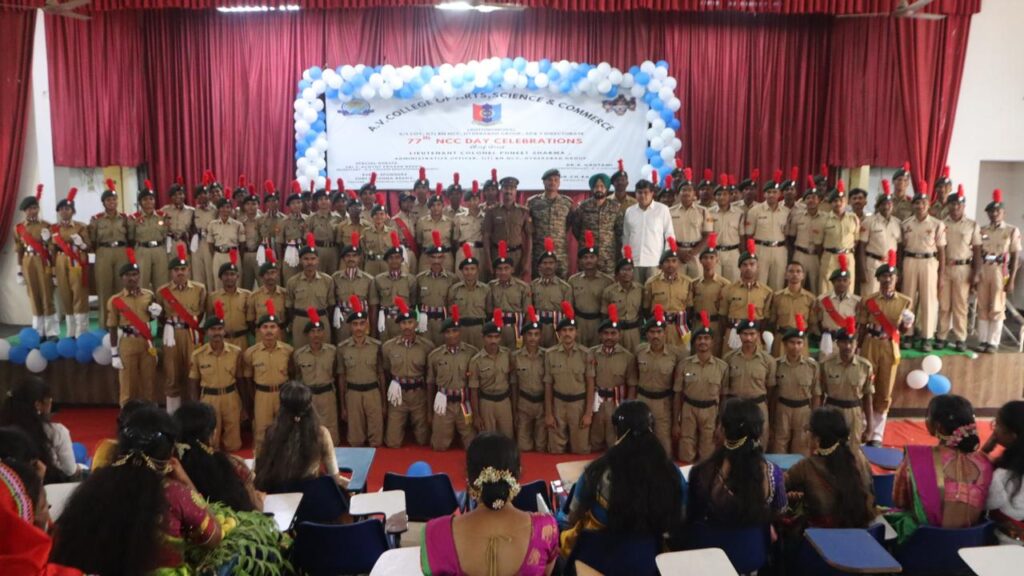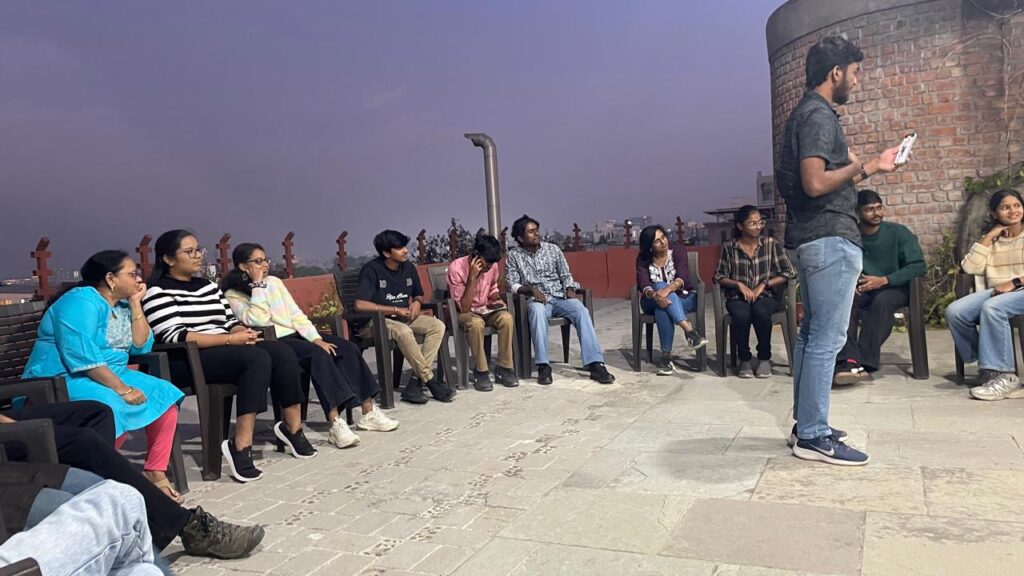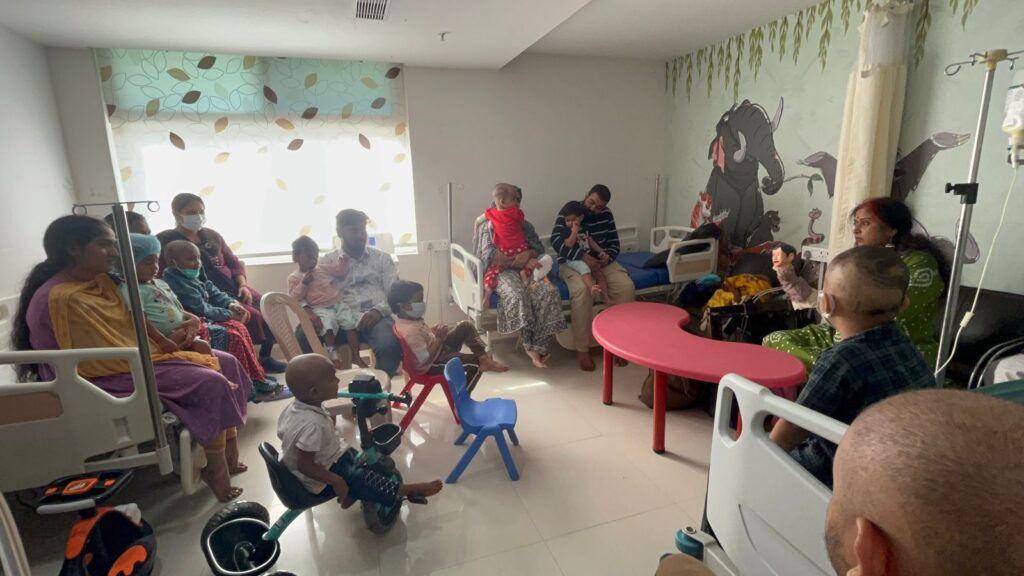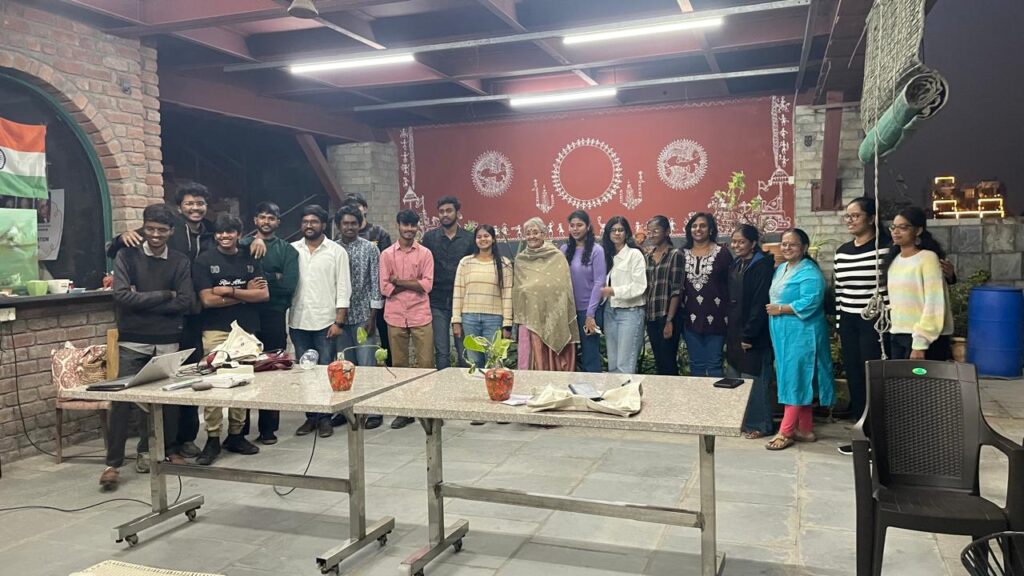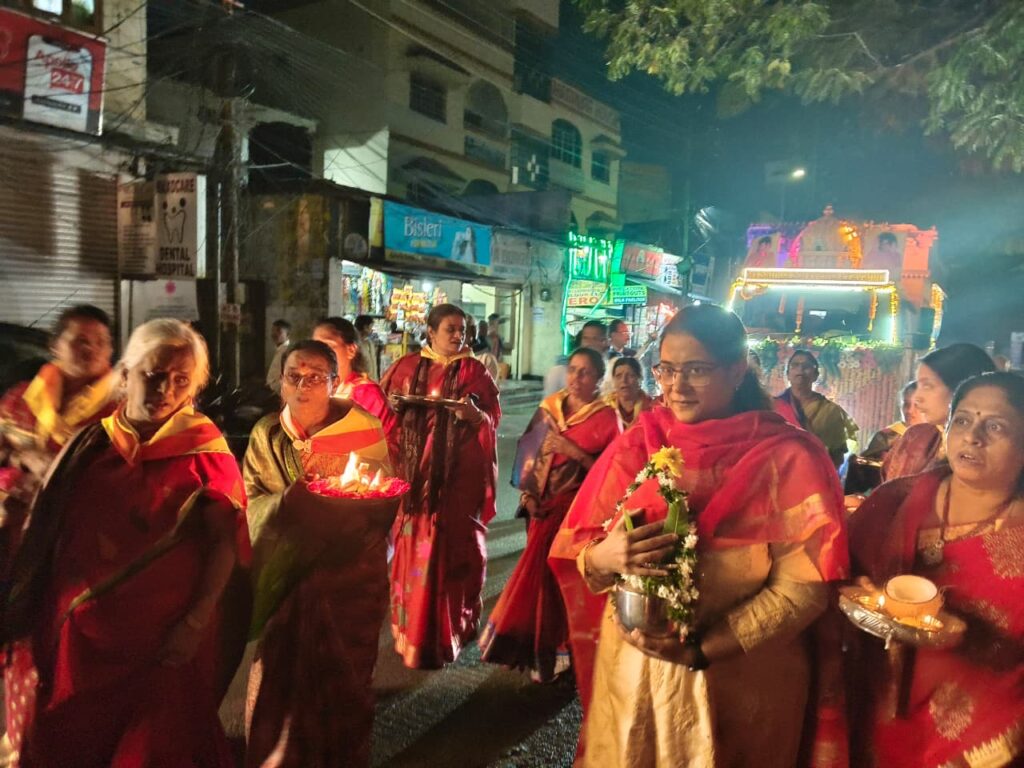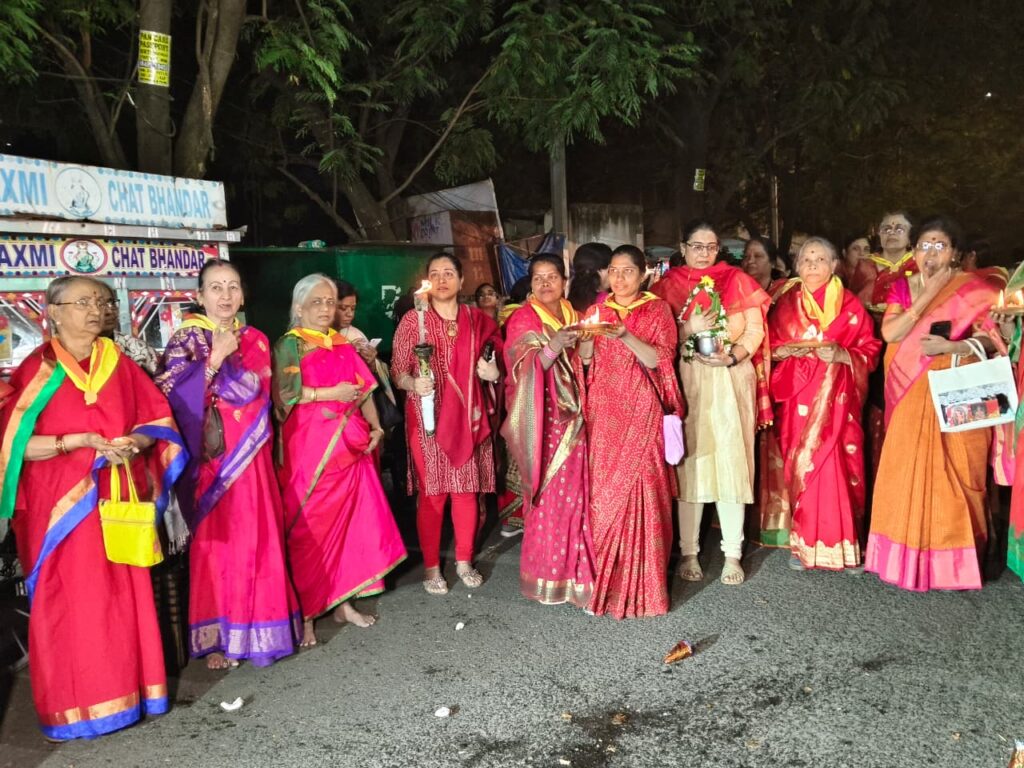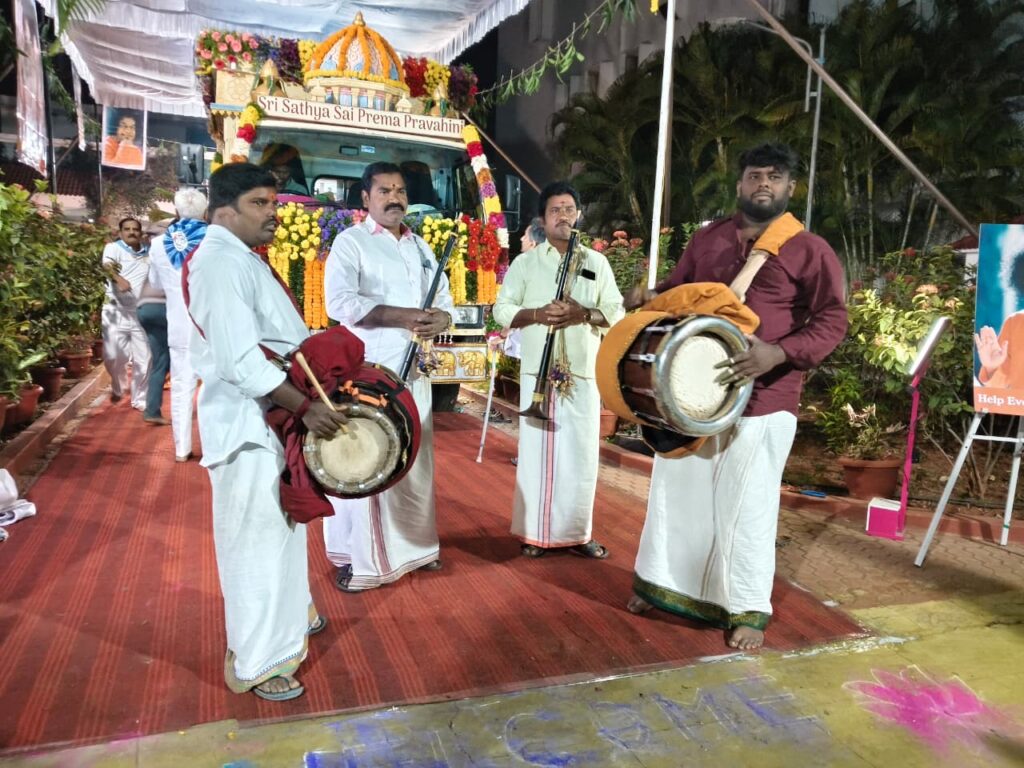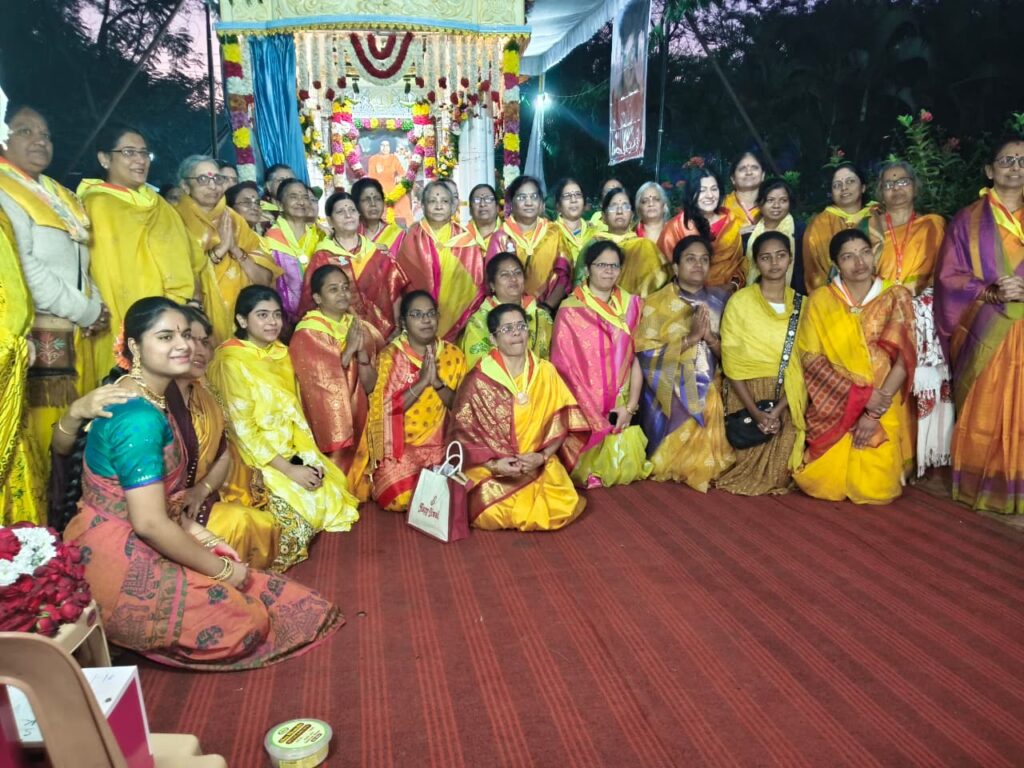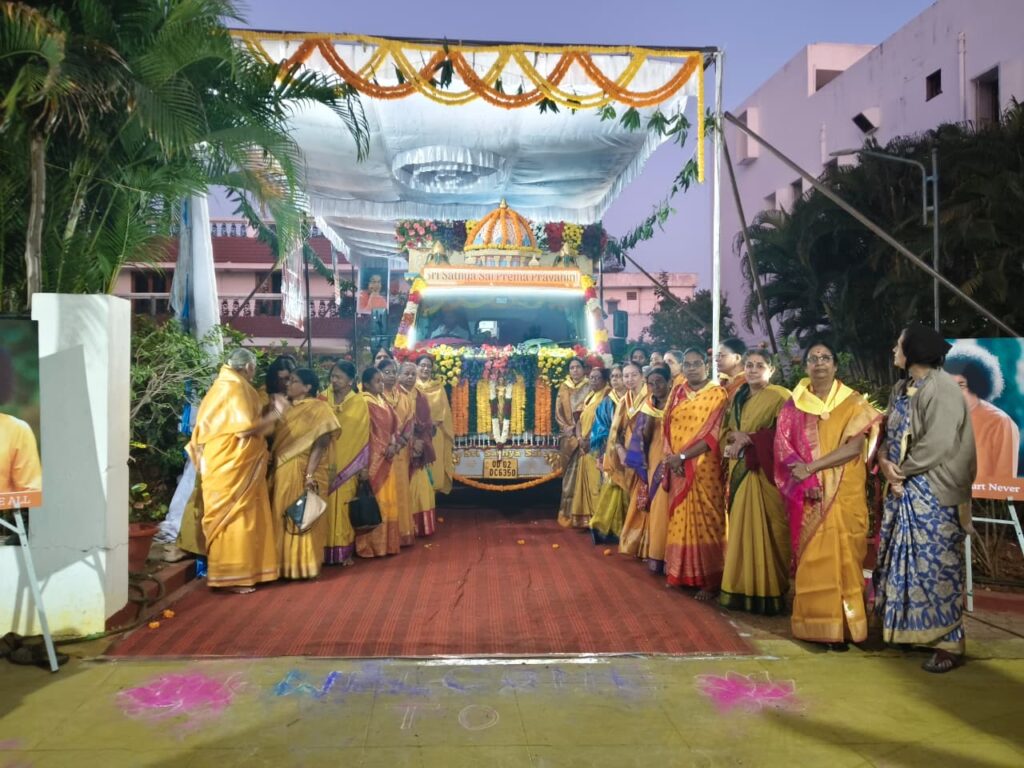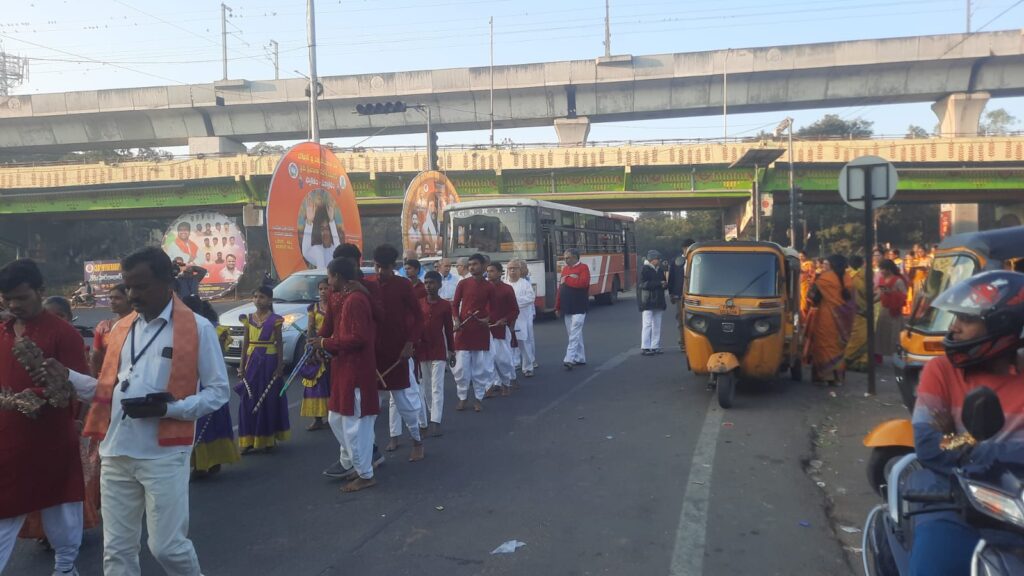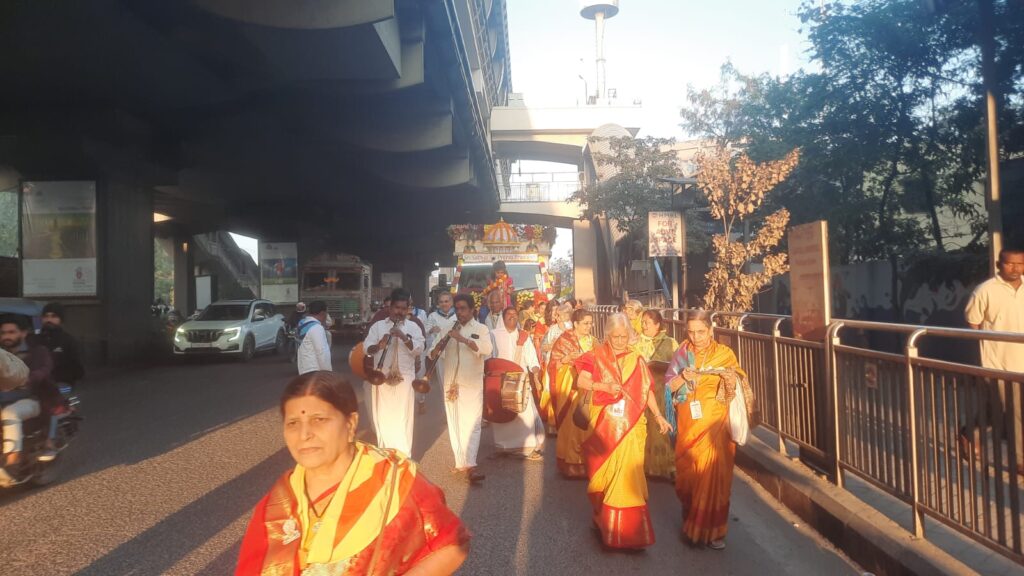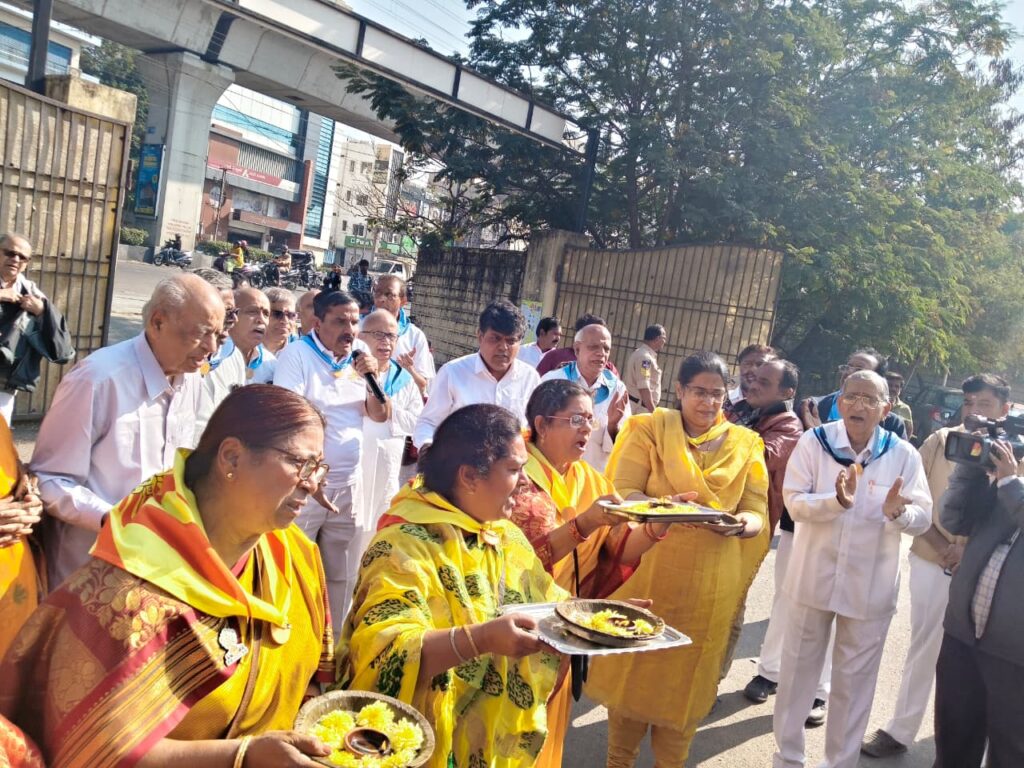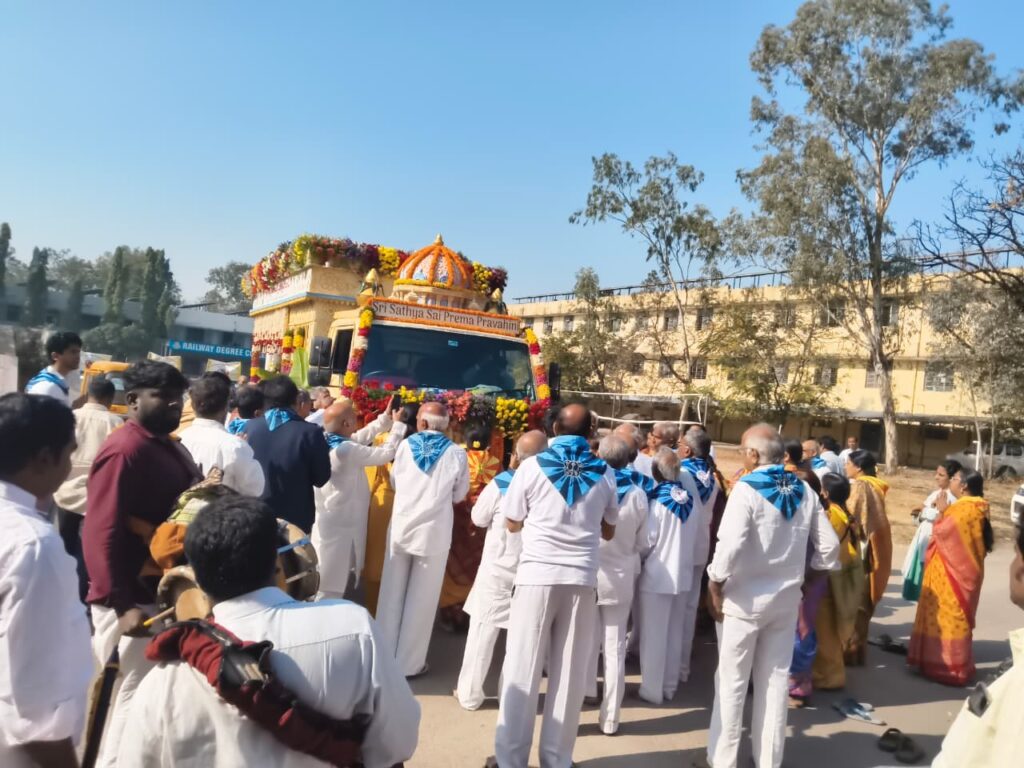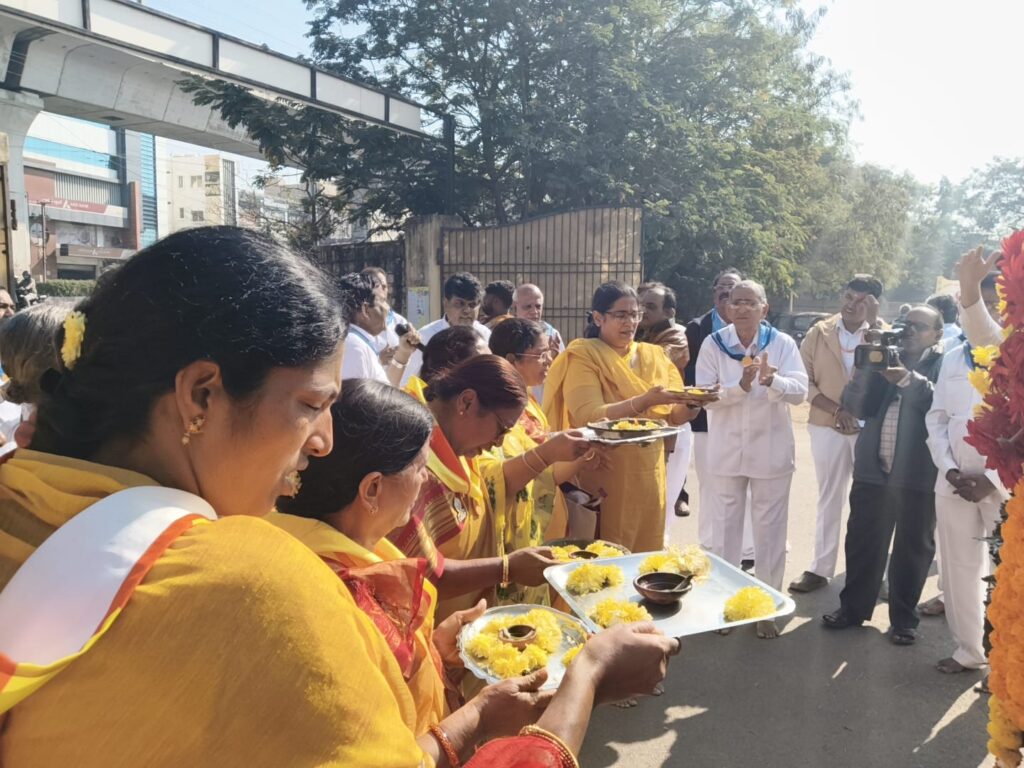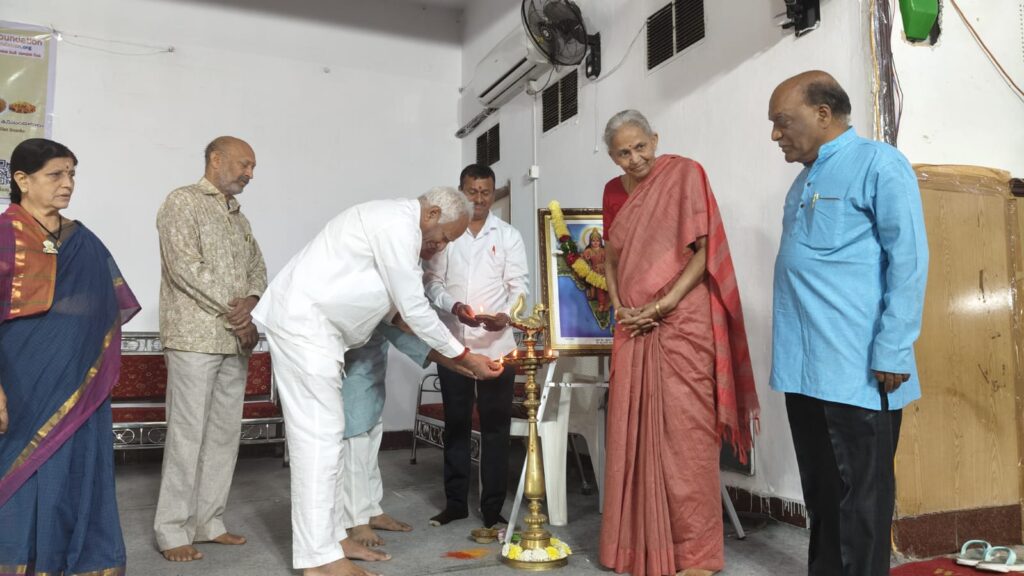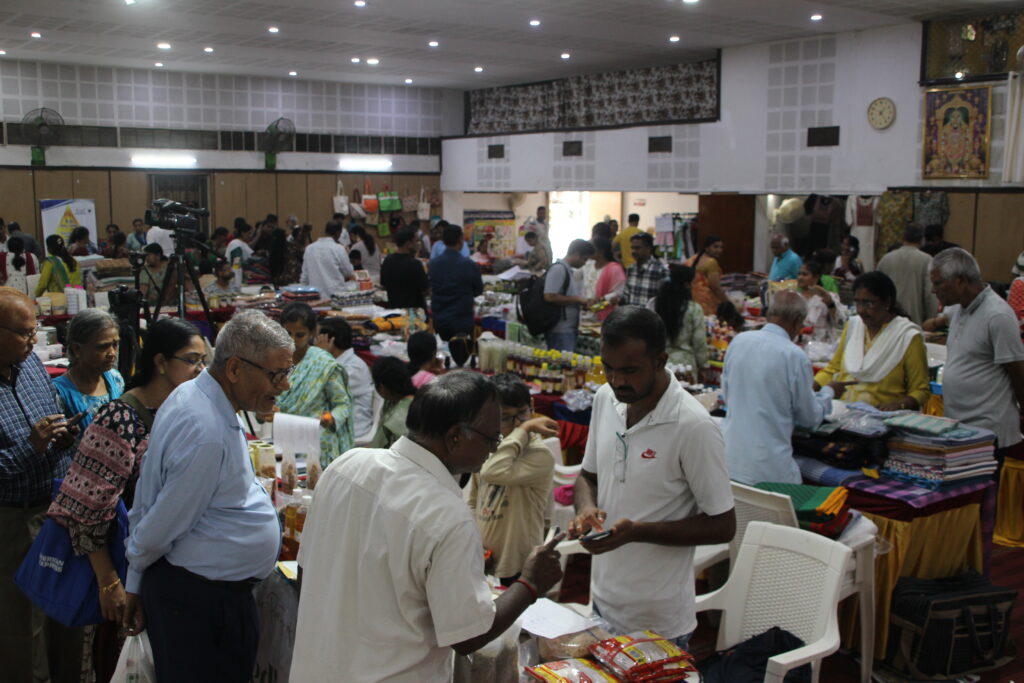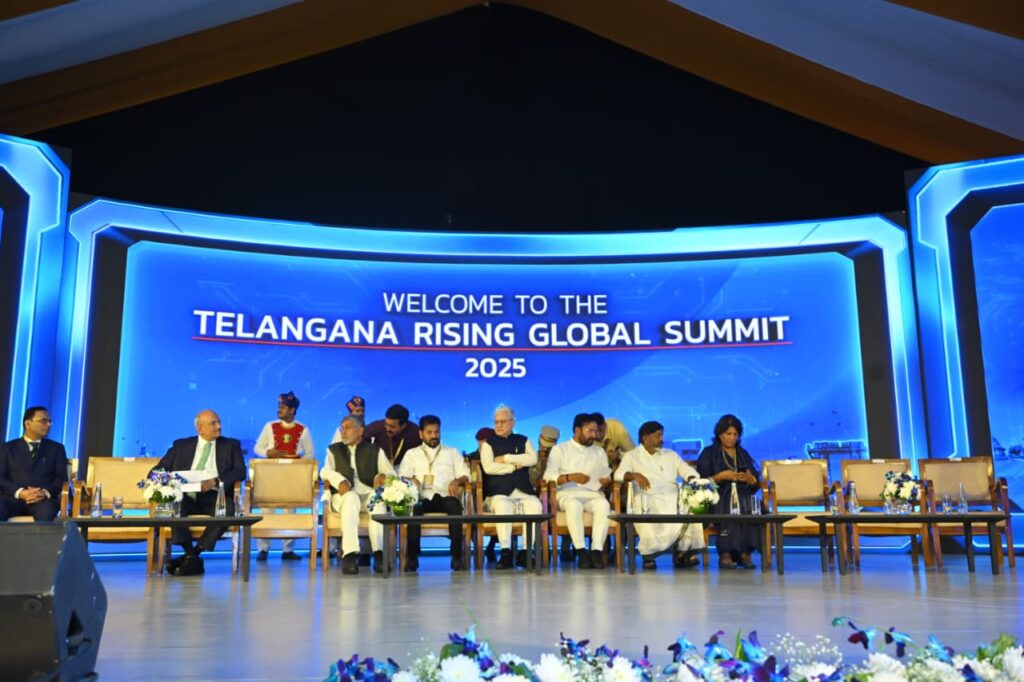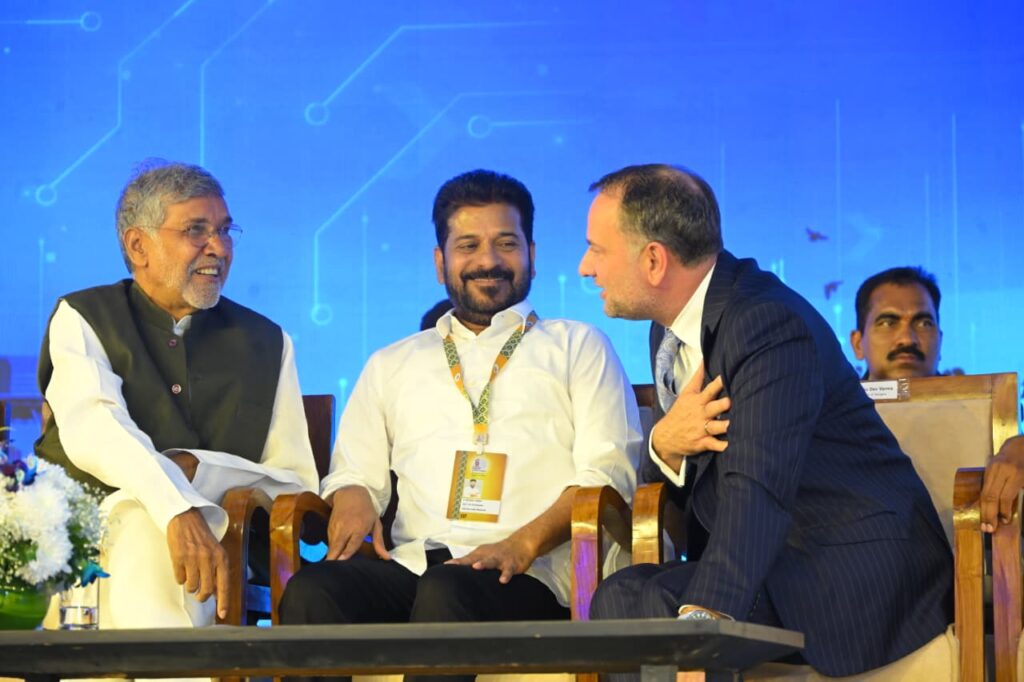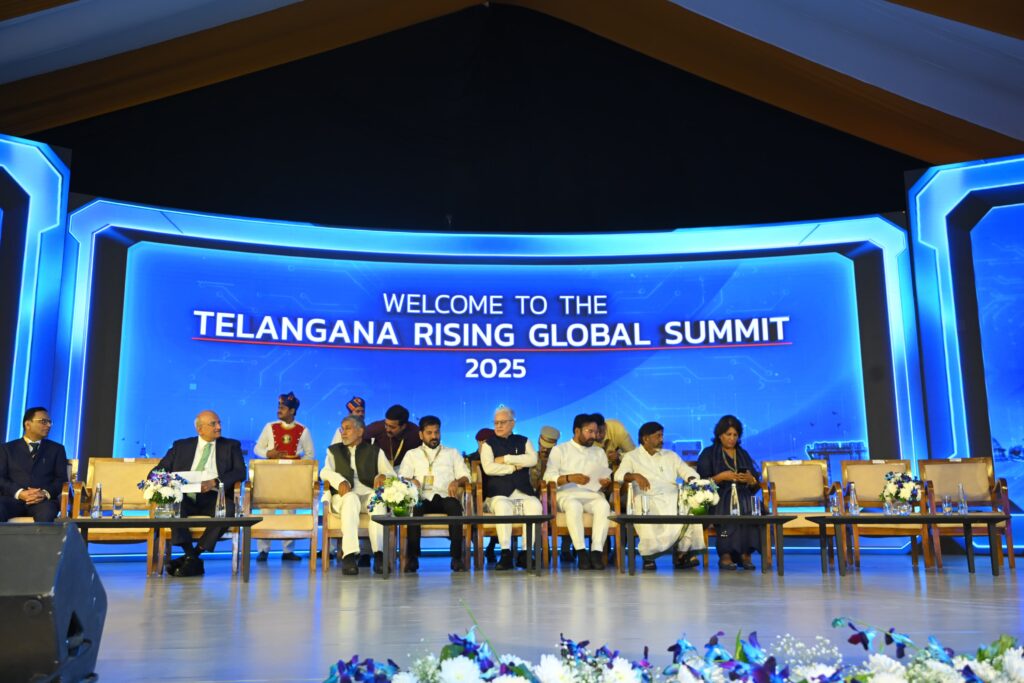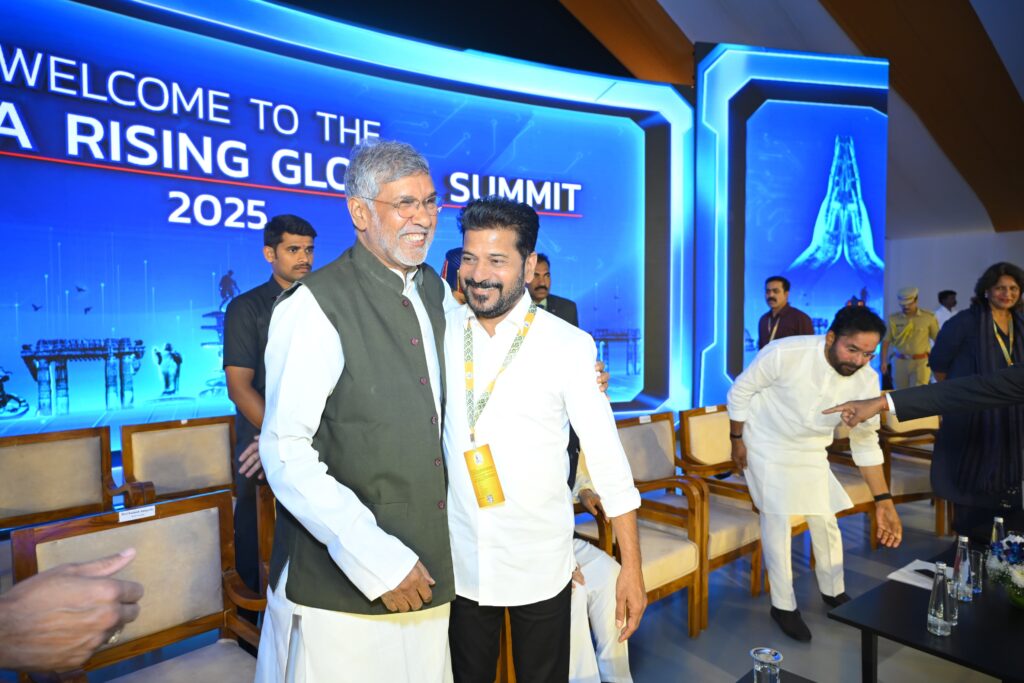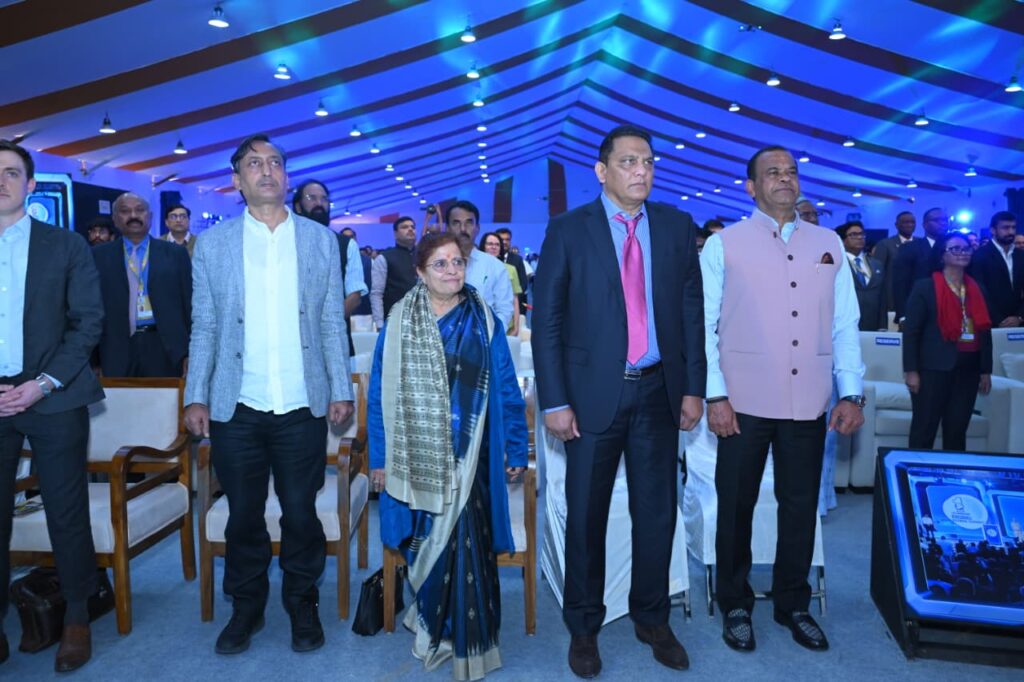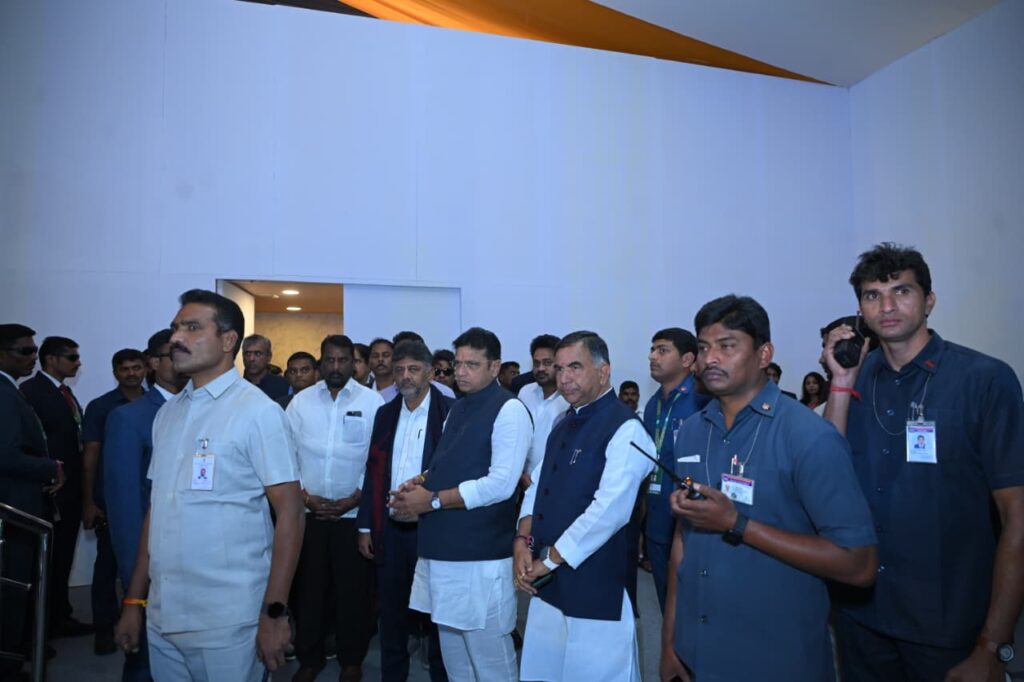GHMC to Be Split Into Three Civic Bodies: Hyderabad, Cyberabad and Malkajgiri 31 December 2025
The Greater Hyderabad Municipal Corporation (GHMC), currently India’s largest civic body, is set to be trifurcated into three separate municipal corporations — Hyderabad, Cyberabad, and Malkajgiri — as part of a major administrative reorganisation planned by the Telangana government.
According to government sources, an official announcement is likely after the current GHMC Council’s term ends on February 10, 2026. More details are expected to emerge during the Telangana Assembly session scheduled for January 2026.
Why the GHMC Is Being Reorganised
Over the years, GHMC’s jurisdiction has expanded significantly. The civic body now covers 2,053 square kilometres, following the merger of 27 urban local bodies located within or around the Outer Ring Road (ORR). This expansion transformed GHMC into a massive administrative unit, raising concerns over efficiency and governance.
Currently, GHMC is divided into:
- 12 zones
- 60 circles
- 300 wards
Before the expansion, the erstwhile GHMC covered just 650 sq. km, with 30 circles and 150 wards.
Proposed Ward Distribution
The state government is reportedly considering two possible models for dividing the wards among the three new municipal corporations:
- Hyderabad: 150 wards
Cyberabad: 75 wards
Malkajgiri: 75 wards
OR
- Equal distribution:
- Hyderabad: 100 wards
- Cyberabad: 100 wards
- Malkajgiri: 100 wards
A final decision is expected closer to the announcement date.
Impact on Urban Governance
The proposed trifurcation aims to:
- Improve administrative efficiency
- Ensure better civic service delivery
- Enable focused urban planning for different regions
If implemented, GHMC will lose its status as the country’s largest municipal corporation, marking a significant shift in Hyderabad’s urban governance structure.


